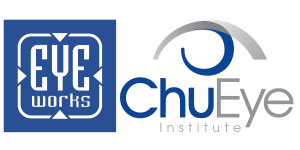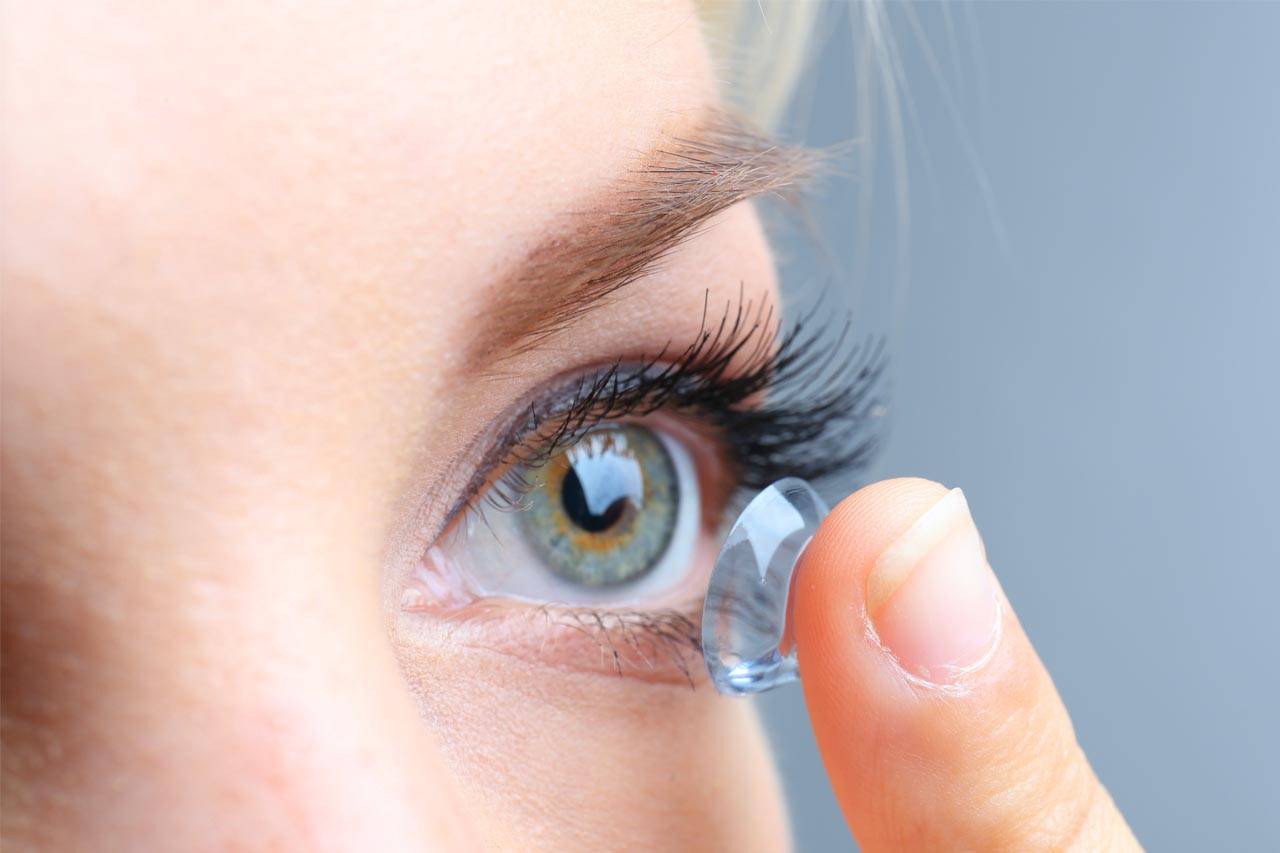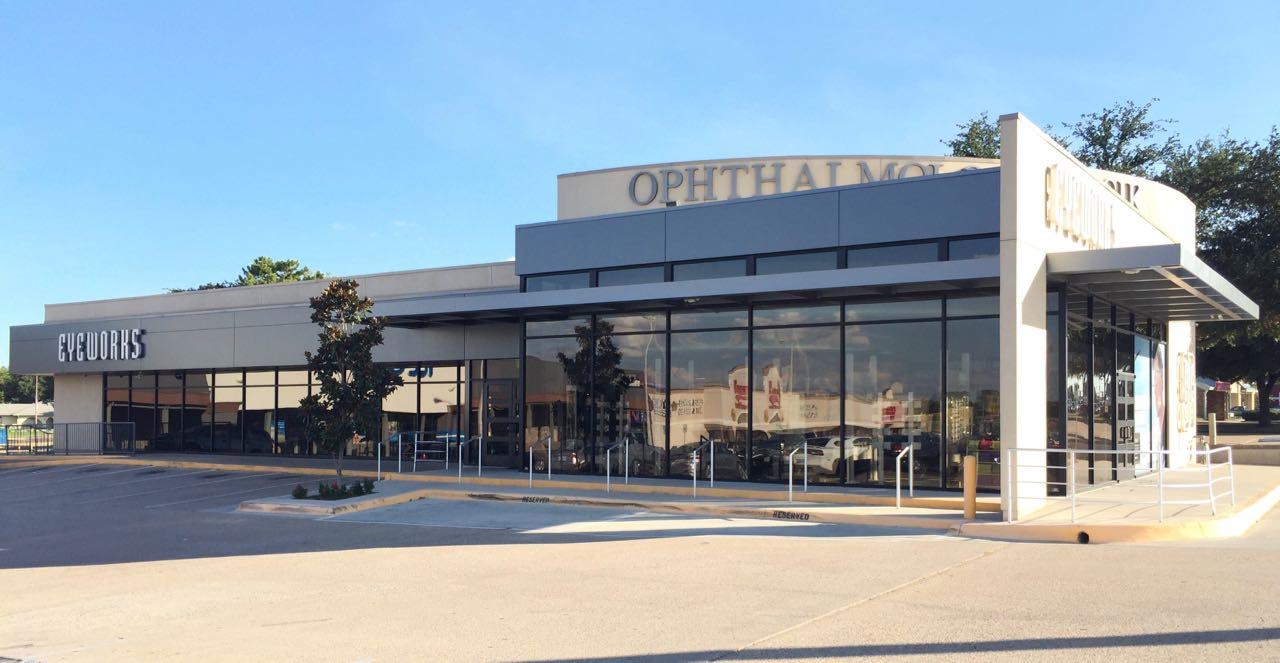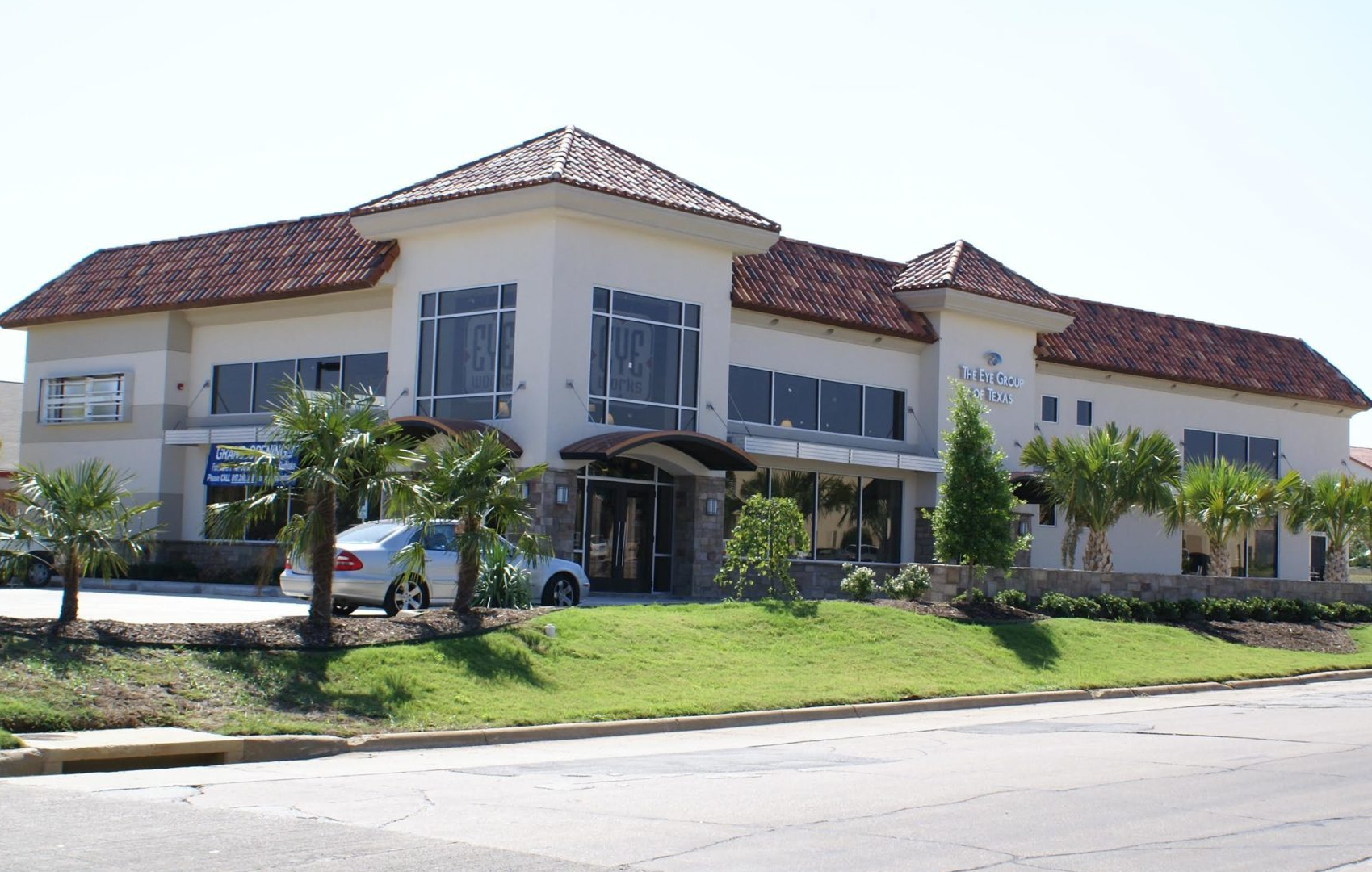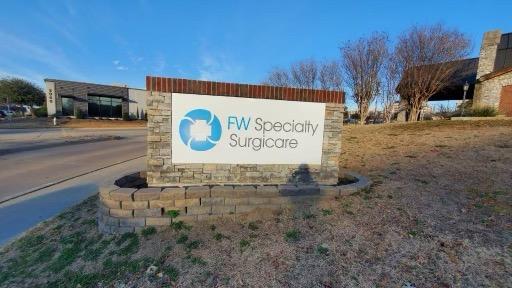Night blindness, also known as nyctalopia, affects vision clarity in low-light conditions. Despite its name, night blindness does not only affect your vision at night, but also the ability to see in dimly lit areas, such as a movie theater or restaurant any time of the day.
Night blindness isn’t a stand-alone condition. It’s a symptom of several conditions, including eye diseases, severe myopia, and a vitamin A deficiency.
If you are finding it difficult to drive at night, or are having trouble navigating, or recognizing faces and objects in dimly lit conditions, you may be suffering from night blindness.
How Does Night Vision Work?
In order to be able to see well at night, or in low-light conditions, your eyes need to adjust. When your eyes are exposed to a dimly lit or dark environment, your pupils will become larger, to enable more light to enter your eye. This light will then move through a series of steps in order to be received by the retina. The retina is the light-sensitive tissue in the back of your eye that contains all of the photoreceptor cells, called cones and rods.
Decreased night vision or total night blindness can occur when the rods stop working. This is usually a result of an eye injury, disease, or condition. In some cases, poor night vision can be part of the natural aging process.
How is Night Blindness Diagnosed?
The only way to diagnose night blindness is through a comprehensive eye exam. Your eye doctor will ask you questions about your medical history and conduct a series of tests to identify signs of a vision condition or an ocular disease.
Do I Have Night Blindness?
Night blindness can be caused by a number of underlying conditions. While symptoms may vary, the most common signs of night blindness include:
- Cloudy or blurry vision in low light
- Difficulty seeing distant objects in low light
- Inability to see stars in the night sky
- Sensitivity to light
- Seeing halos or a glare around lights
- Total loss of vision when entering a dark room that lasts more than a minute or two.
If you are experiencing any of these symptoms, contact Eyeworks. We can diagnose the underlying problem and treat or manage the condition affecting your vision.
At Eyeworks, we put your family's needs first. Talk to us about how we can help you maintain healthy vision. Call us today: 817-346-7077 or book an appointment online to see one of our Ft. Worth eye doctors.
Want to Learn More? Read on!
FOLLOW US:
